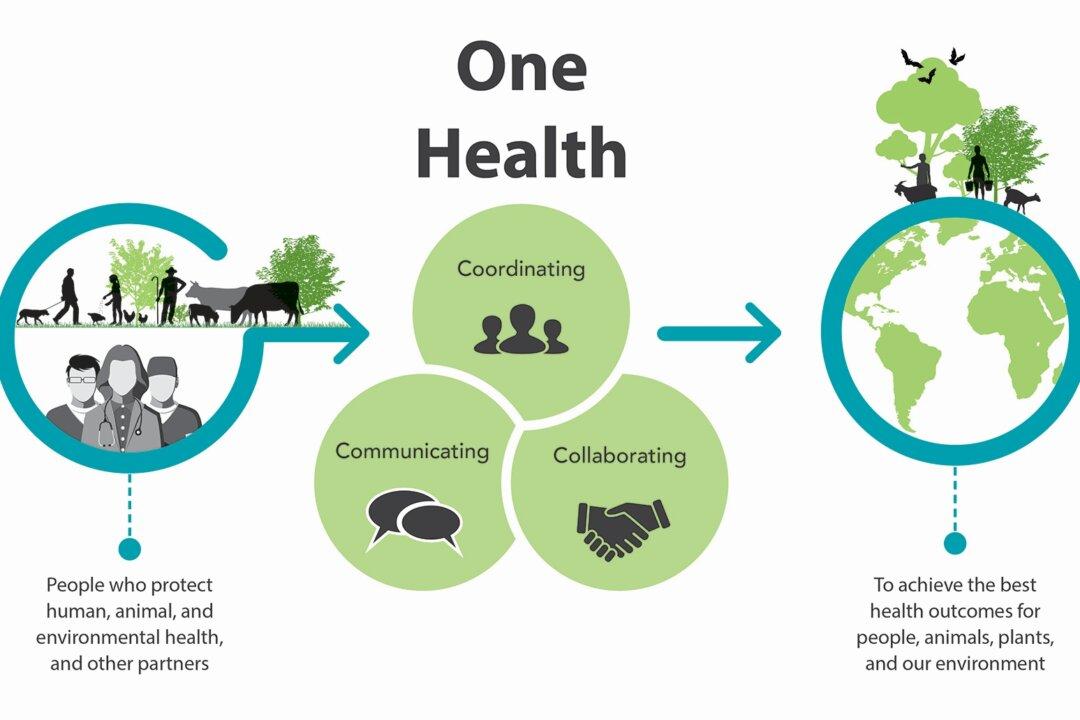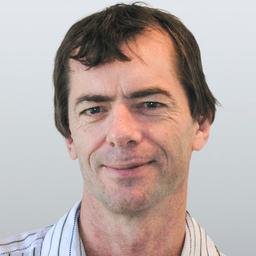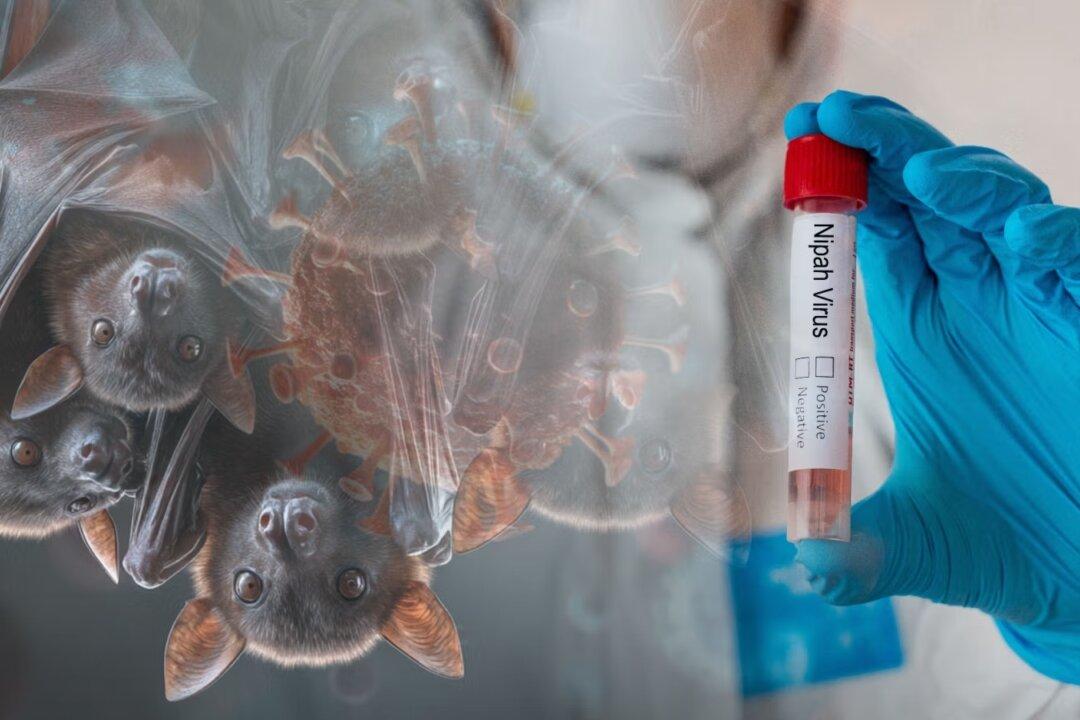Commentary
The idea of a holistic concept of health—that our environment (or “biosphere”) influences our well-being, is far older than written history. So is greed, abuse, lust for power, and a desire to own and enslave others. Regarding what really matters, there’s nothing new under the sun.





